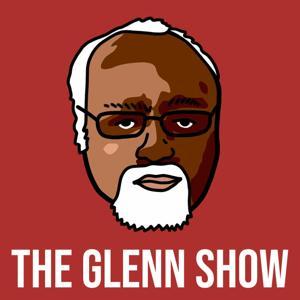What if the deepest human drive isn't happiness, survival, or even love, but the need to matter?
Philosopher and MacArthur Fellow Rebecca Newberger Goldstein joins Michael Shermer to discuss The Mattering Instinct, her argument that the desire to feel significant lies at the core of human behavior. That drive helps explain our greatest achievements, from creativity and moral courage to scientific and artistic excellence. It also helps explain some of our darkest outcomes, including extremism, violence, and ideological fanaticism.
Goldstein examines why people will give up comfort, status, and sometimes even their own lives to feel that they matter. She questions why meaning cannot be captured by happiness metrics or self-help formulas, and why the same psychological force can produce saints, scientists, athletes, cult leaders, and terrorists. The conversation moves through free will, entropy, morality without God, fame, narcissism, and the crucial difference between ways of mattering that create order and those that leave damage behind.
Rebecca Newberger Goldstein is an award-winning philosopher, writer, and public intellectual. She is the author of ten books of acclaimed fiction and non-fiction, including 36 Arguments for the Existence of God: A Work of Fiction and Betraying Spinoza: The Renegade Jew Who Gave Us Modernity. She holds a PhD in philosophy of science from Princeton University and has taught at Yale, Columbia, NYU, Dartmouth, and Harvard. A fellow of the American Academy of Arts and Sciences, her work has been supported by the MacArthur "Genius" grant and fellowships from the Guggenheim, Whiting Institute, Radcliffe Institute, and the National Science Foundation. Her new book is The Mattering Instinct: How Our Deepest Longing Drives Us and Divides Us.




































